Albanese dismisses coal companies’ carbon concerns
The Prime Minister says Labor’s signature climate policy won’t kill foreign investment and will safeguard Australian jobs.

Anthony Albanese has dismissed concerns from major coal producers who warn Labor’s signature climate policy will create risks for energy security for key strategic partners including Japan, saying Australia is a “secure and reliable partner”.
It comes after The Australian revealed warnings from major Australian coal companies who say the Labor-Greens deal to pass the safeguard mechanism is a “carbon tax by stealth” that will drive up energy prices, destroy jobs and kill foreign investment.
The Prime Minister said he had “no concerns” about any ramifications of the policy on Australia’s relationship with Japan or South Korea, and that the nation “always delivered” on commitments it had made with regional allies.
“No, I have no concerns about our relationship with Japan for example which is very good,” Mr Albanese said in Canberra.
“We are a secure and reliable partner.
“We are a partner for Japan, South Korea and other nations that always delivers on the commitment that we make.”
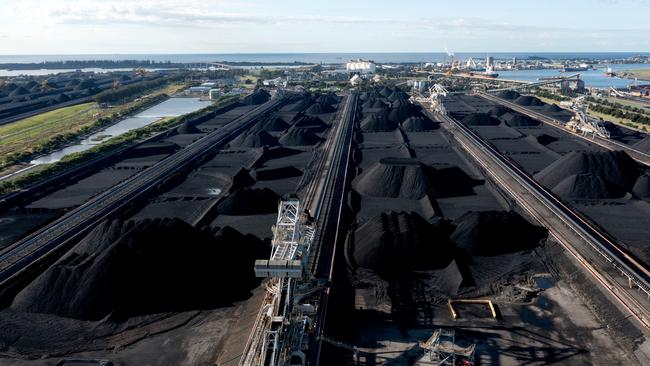
Whitehaven, New Hope, Bowen Coking Coal and Peabody Australia condemned Labor’s 11th-hour safeguard mechanism shake-up amid concern the changes would damage prosperity and make it harder and more expensive to reduce emissions.
The companies – which collectively represent $15bn worth of fossil fuel projects and count billions of dollars in their investment pipeline – say the government’s proposed amendments will make Australia uncompetitive.
With coal Australia’s largest export industry, Whitehaven chief executive Paul Flynn said the Greens’s changes will put Australia at a “significant” competitive disadvantage and create risks for energy supply for crucial partners.
“In the midst of a global shortage of energy, and considering alternative technologies aren’t ready to pick up the slack from the 80 per cent of primary energy derived from fossil fuels today, it’s mind-boggling the government has entertained these concessions,” Mr Flynn said.
The $10bn Housing Australia Future Fund is facing parliamentary defeat, with the Greens and ACT independent senator David Pocock opposed to the scheme to underwrite 30,000 new affordable homes amid concern the investment will not cover projected housing shortfalls.
The coal industry’s intervention comes after gas producers warned the Prime Minister’s climate policy, which forces 215 big emitters to slash emissions by nearly 5 per cent each year out to 2030, could drive up costs for households and businesses if supply is restricted.
While the safeguard amendments have been welcomed the Business Council of Australia and Australian Industry Group, Whitehaven Coal chief executive Paul Flynn warned the Greens’ changes put Australia at a “significant” competitive disadvantage, and created risks for energy security for strategic partners including Japan.
“Nearly 70 per cent of Japan’s thermal coal imports come from Australia so it exposes them to a material new risk in terms of security of energy supply,” Mr Flynn said. “In the midst of a global shortage of energy, and considering alternative technologies aren’t ready to pick up the slack from the 80 per cent of primary energy derived from fossil fuels today, it’s mind-boggling the government has entertained these concessions.”
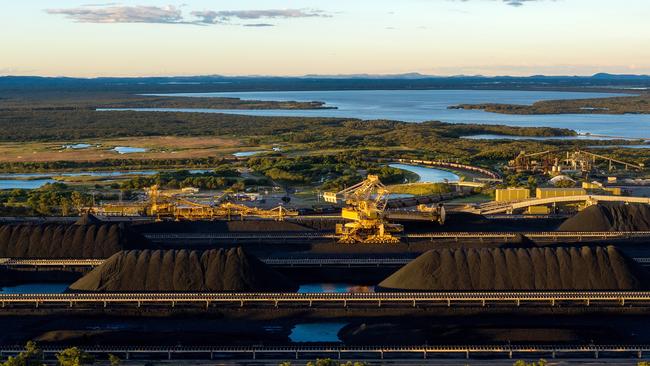
Bowen Coking Coal chief executive Nick Jorss said Labor was entering “extremely dangerous and uncharted territory” with a “carbon tax by stealth” that would limit Australia’s high-quality, low-emissions coal exports.
With coal Australia’s largest export industry, Mr Jorss said: “Global coal demand is at the highest level in history and it’s fanciful to think that reducing our high-quality exports in the face of record demand will do anything other than drive up energy and steel prices, create a net increase global emissions and destroy Australian jobs, both in regions and in cities.”
New Hope Group chief executive Rob Bishop said the amendments were built on “a political objective on a base demonisation of fossil fuels” and that they would see Australia abandon its role as a reliable energy exporter for the region.
President of Peabody’s Australian operations, Jamie Frankcombe, said the company was concerned the legislation would “make the mining industry less competitive at a time when it’s integral to providing the minerals and energy required for the energy transition”.
“The very real danger in setting aspirational emission reduction targets and imposing rigid rules to achieve them is that it will reduce our cost competitiveness, lead to potential job losses and hurt regional communities.”
A spokesman for Glencore said the reforms needed to achieve emissions reductions without “destroying the jobs and investments that are critical to the national economy”.
Industry sources were concerned the government was “ring-fencing” sectors including manufacturing from their role in emissions reductions, and the “preferential treatment” would mean other groups had to “pick up the slack” after Labor carved out $1bn to support hard-to-abate sectors and critical industries during the transition.
Private equity fund EIG – the soon-to-be owner of Origin Energy’s gas business – said the deal between Labor and the Greens failed to recognise the role of gas as a bridge to renewables. “it’s a mistake to treat coal and natural gas the same,” EIG chief executive R. Blair Thomas said. “I think gas does have a critical role to play in energy transition in a way that coal does not.”
EIG, which along with Canada’s Brookfield has signed a binding $18.7bn deal to buy Origin Energy, said the Australian government must balance the need to reduce emissions while ensuring energy security.
“If we don’t get that balance right and we have the extreme volatility, like we saw in Europe last year, I think you’re going to get very significant consumer backlash,” Mr Thomas said.
Greens leader Adam Bandt on Tuesday said Climate Change and Energy Minister Chris Bowen now had special powers – under what he called a “pollution trigger” – to stop fossil fuel expansion that would lift pollution above legislated targets. He also said the party would push to install a climate trigger as part of an overhaul of environmental laws. This would require emissions to be considered before projects were approved.




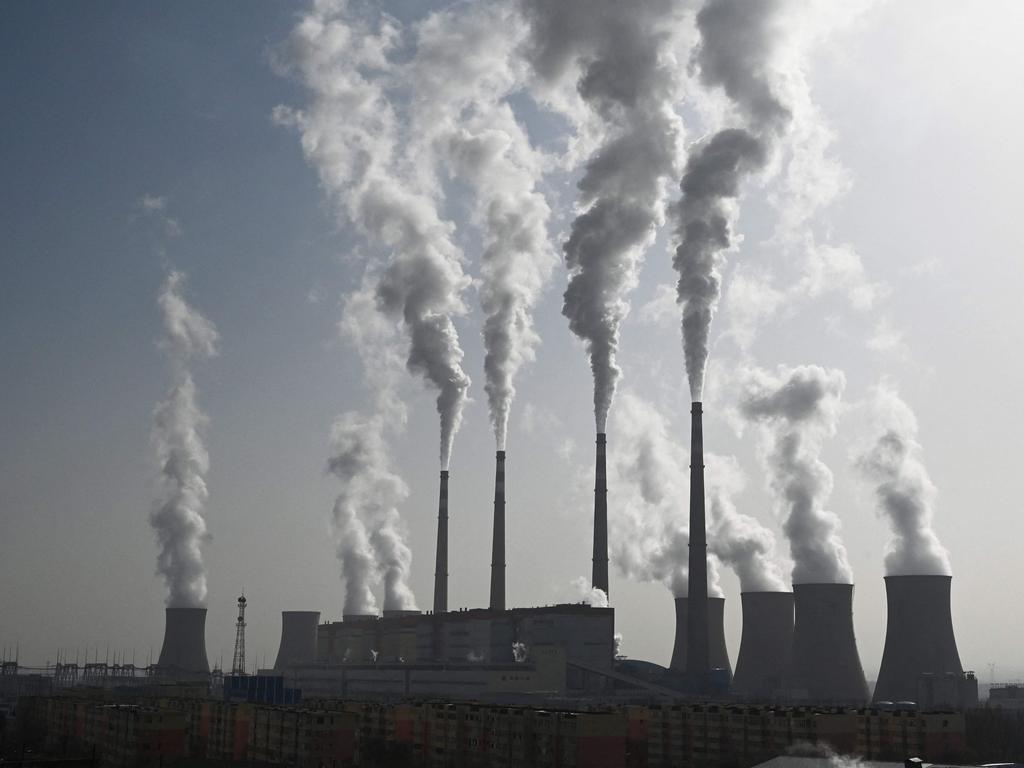
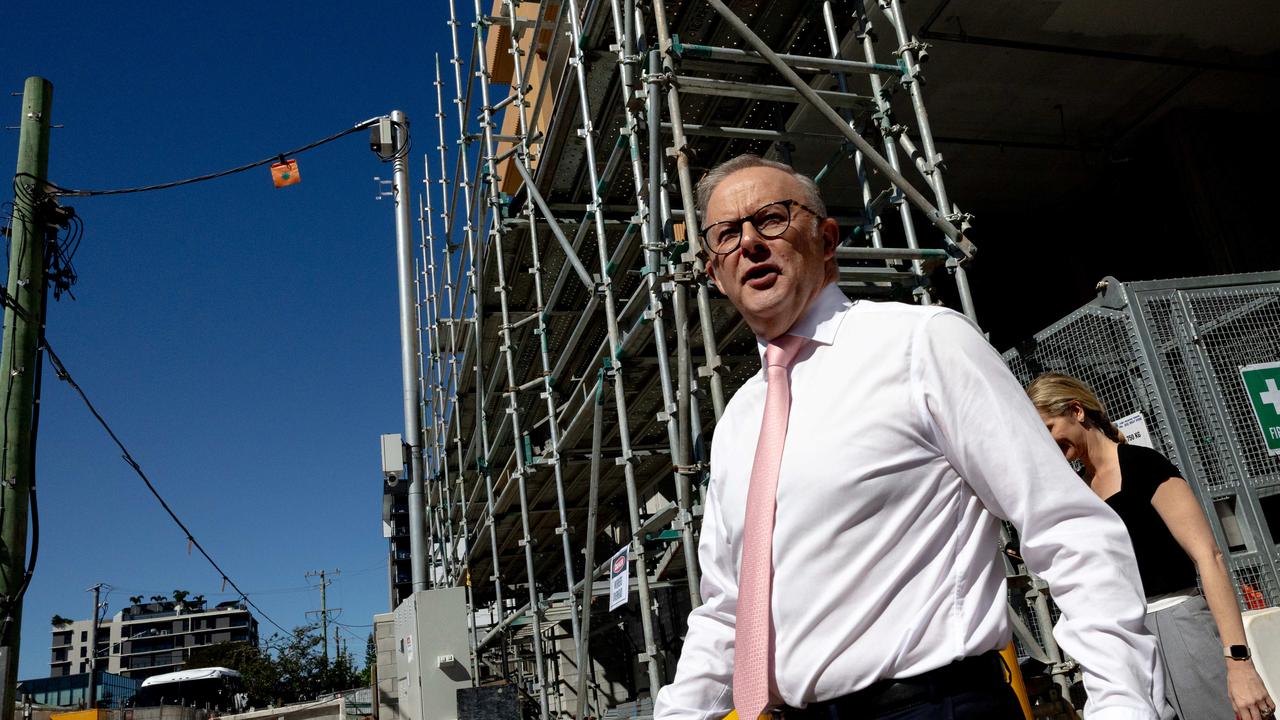
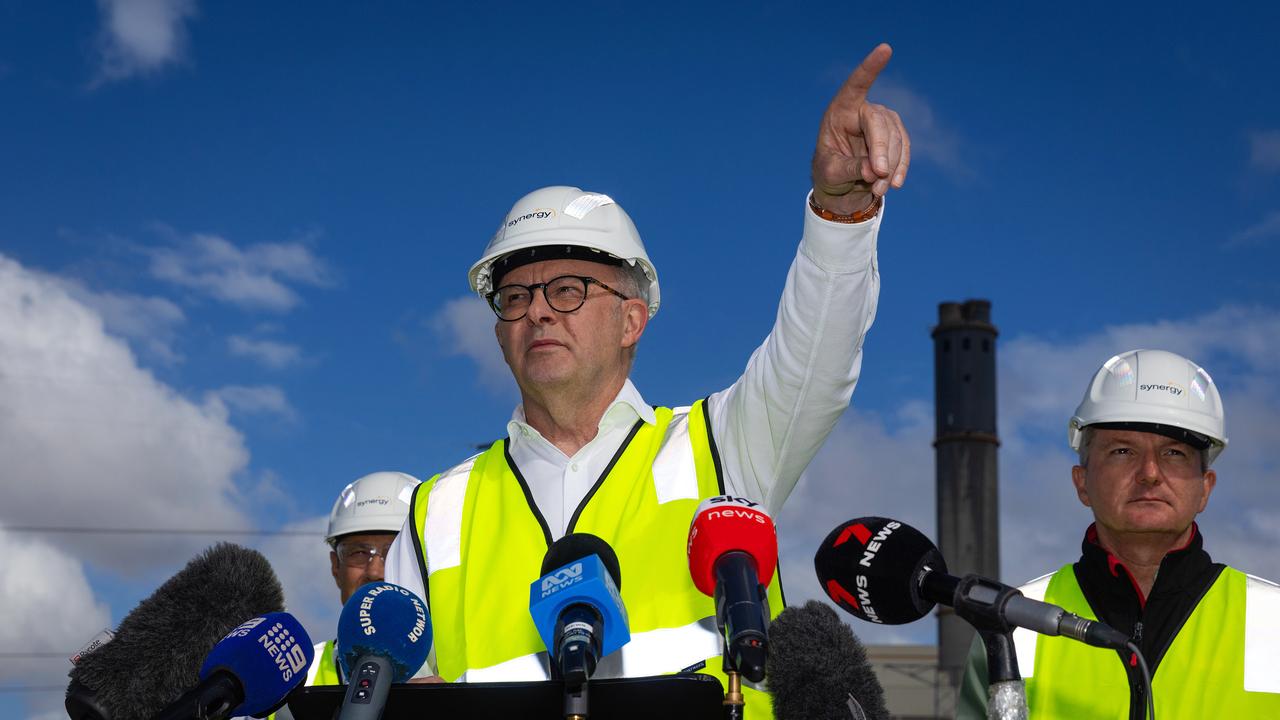
To join the conversation, please log in. Don't have an account? Register
Join the conversation, you are commenting as Logout